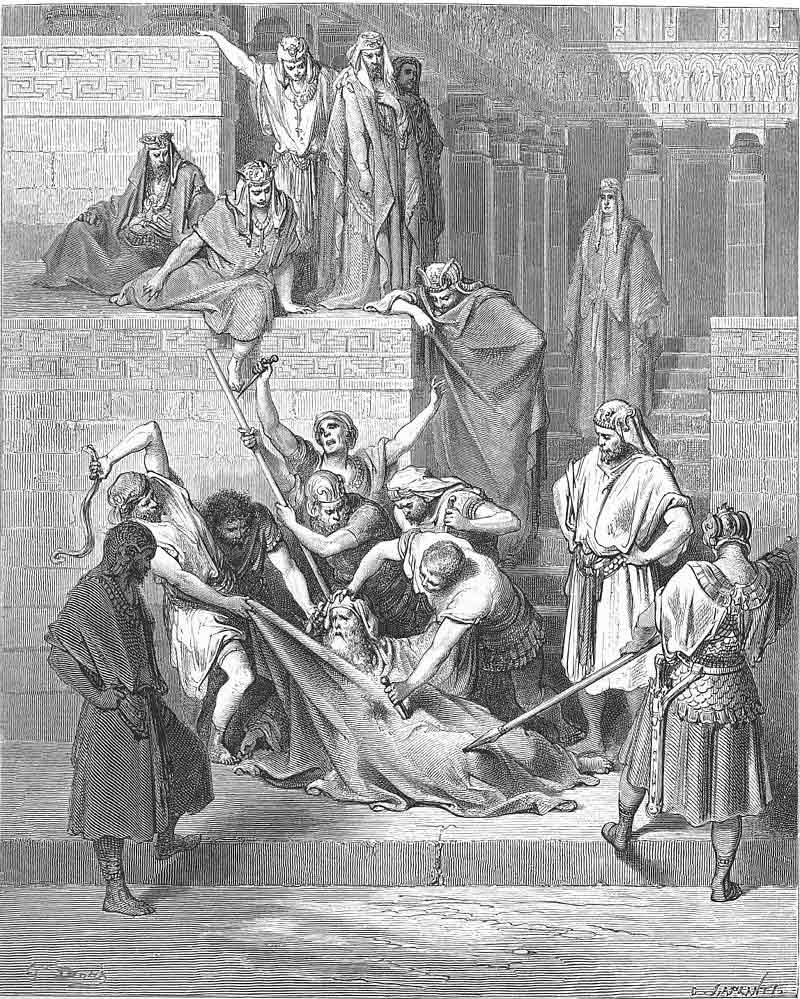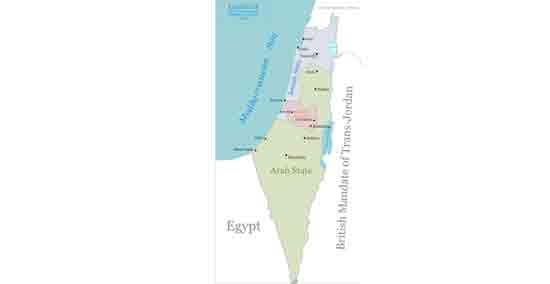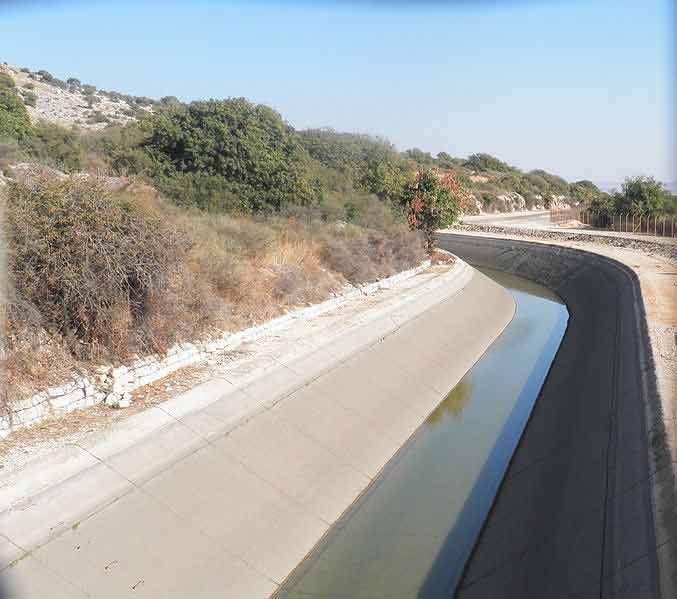
‘Next year in Jerusalem….’
Over the years and in fact for the last many centuries, these are the words with which the Jews (of the ‘Jewish diaspora’) in any corner of the world end the prayers that they say on the occasions of the ‘Passover’ and ‘Yom Kippur’. The Jews never tire of expressing these words with complete devotion and faith. Moreover, they never gave up on their unflagging hope of celebrating the next Passover and Yom Kippur in Jerusalem.
(Today, Jews from all across the world are free to come to Jerusalem for Israel is an independent nation but the Third Holy Temple that is the most revered and that occupies the supreme position in their world of faith, their heart, is yet to be built. As a result, a number of Jews settled in Israel, end their prayers with the words – ‘Next year in Jerusalem…. the rebuilt’, which conveys the sentiment or the fulfillment of the aspiration of spending the next year in Jerusalem where the Holy Temple would have been rebuilt.)
However, this is a thing of the future. At least, till the eighteen century, the Jews were groping in the dark and totally unsure about their entry into Jerusalem.
The Jews, ending the slavery that they suffered for 4 hundred years in Egypt and surmounting all obstacles that came their way, finally conquered the land of Canaan promised to Patriarch Abraham by God. Eventually the Jewish state reached the zenith of prosperity. They even built the First Holy Temple but over the two thousand years which followed this event, Jerusalem was subjected to invasions by several aggressors, like the Assyrians, the Babylonians, the Persians, the Greeks, the Romans, the Arabs, the Muslims, the Turks, the Crusaders, the Mamluks and the Ottomans.
Apart from the fact that the Holy Temple faced destruction not once but twice in the course of these invasions an increasing number of Jews were compelled to leave ‘the Promised land’, the land which rightfully belonged to them. The Jews thus displaced, settled across the globe in various regions and nations viz., the Middle East, Asia, Europe, Africa, Russia, etc. The dispersion is referred to as the ‘Jewish Diaspora’.

Wherever they settled down on the face of the earth, the Jews adapted and adjusted themselves with the locals, with the traditions and customs of the time and in due course, scaled the heights of economic, social and political success. However, jealous of the progress of the Jews, the non-Jews began plotting against the mand successfully so. In fact, across most of the places, the Jews were known as the ‘trading community’. In many important places the purse strings though informally, were in their hands. Also, the contribution of the Jews towards the state exchequer by way of taxes was too large to be ignored and they were valuable for keeping the state exchequers healthy. Thus at the start, the rulers at many places gave respect to the Jews and did not treat them as ‘second-class citizens’. However, having their minds poisoned by the non-Jews and pressured by various local groups, the rulers started treating the Jews as ‘second-class’ citizens.
The second millennium of the Common Era saw various regions and kingdoms issuing orders by the rulers to expel the Jews.
Some of the significant expulsion orders famous in history include the ‘Edict of Expulsion’ issued in 1290 AD by ‘King Edward I’ who then ruled over England, the order issued in 1306 AD by the then Emperor who ruled France, the ‘Alhambra Decree’ issued in 1492 AD by King of Spain and the decree issued in 1497 AD by the ‘King of Portugal to expel the Jews from the country (The decree was later modified. They were not to be removed from Portugal but were forced to convert).

The Jews who were expelled from various places started to take refuge in Africa and in the Ottoman Empire in the Middle East. Though the Jews spent some 3-4 hundred years in peace here, they made a place for themselves economically and socially and yet they were treated as ‘second-class citizens’.
Although the ‘second-class’ treatment meted out to the Jews angered them, they had not seriously set about working on the solution to the matter. The notion of enjoying their rightful rule in the ‘Promised Land’ still seemed elusive.
However, the global geopolitical situation had changed drastically by the 19th century. Most of the empires had reached their nadir. From among the old empires, only the British Empire and the Ottoman Empire had survived as the two major empires across Europe, Asia and Africa, while in the region of Central Europe, the German and the Austro-Hungarian empires had come to the fore. All the other great empires were now part of history and were reduced to a few colonies. In fact, even the Ottoman Empire was on the decline.

Movements rejecting monarchy and embracing democracy were gathering momentum in several countries. The winds of change were blowing and the people were able to breathe in the fresh air of independence and equality.
The changing times spelt positivity for the Jews as the number of countries which took a sympathetic approach towards the Jews was on the rise. The Jewish thinkers and intellectuals settled in various countries fervently highlighted before the world, the issue concerning the Jews on various platforms and through one medium or the other.
However, their experiences of the past had led these thinkers and intellectuals to believe that regardless of howsoever happy and wealthy a life of the Jews may be in a country, they were not going to escape the label of‘second-class citizens’.A ‘First-class citizen’ was what the Jew could be, only in his own rightful land, the land promised to them by God – in ‘the Promised Land’, in Israel!
It was from this thought that the movement of ‘Zionism’ was born! (To be continued…)












